Camp John Hay in Baguio City which is also known as John Hay Air Station was established on October 25, 1903 by the United States Armed Forces. This was just one year after the Philippine–American War. It was used as an R&R (Rest and Relaxation) for the United States Department of Defense employees and their dependents. When it was turned over to the Philippine government on July 1, 1991, it became open to the general public and was administered by the Philippine Tourism Authority. The BCDA (Bases Conversion Development Authority) later handled it.

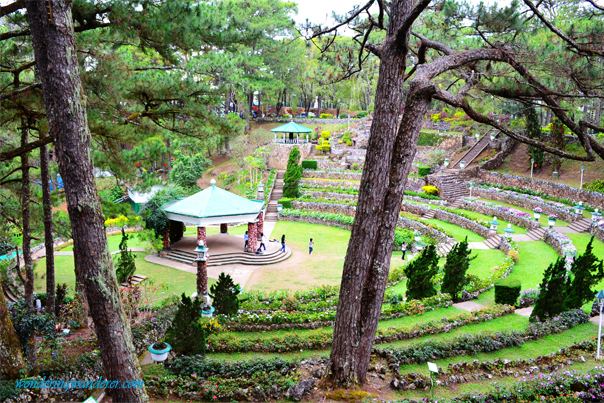
Bell Amphitheater
Camp John Hay’s elegant coliseum-style park which is the Bell Amphitheater is the only one of its kind that I’ve seen in the country so far. Its distinct style makes it very recognizable and easily remembered. Just a quick glance on one of its pictures and any one-time visitor would quickly know that it’s part of Baguio City’s Camp John Hay. It’s so picture-perfect that we saw a couple doing prenuptial shots when we got there. Some couples even use this park as a wedding reception and some a baptismal/christening venue.
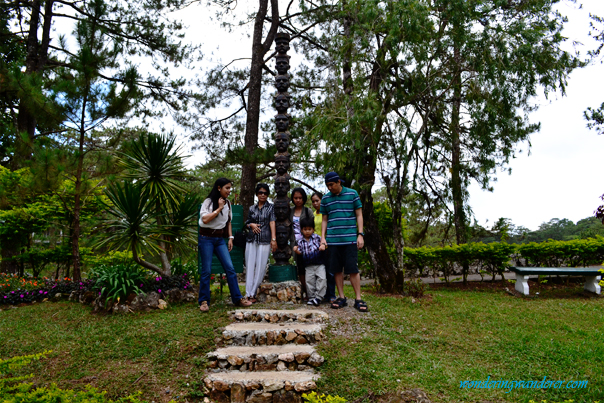
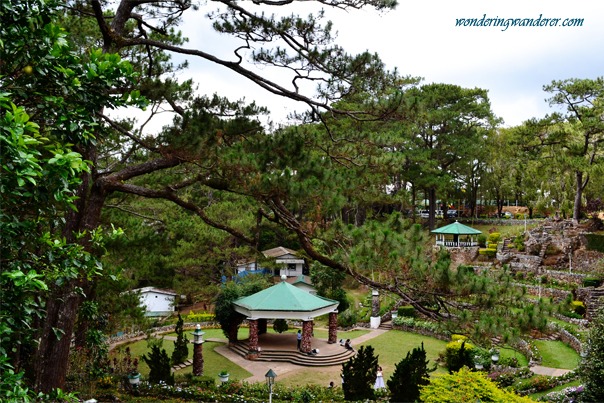
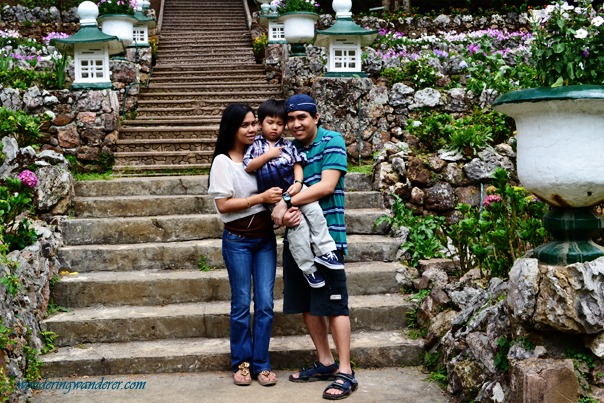
I’m sure we’re all aware that a garden is not complete without flowers. This park has a rich variety of flowers which are always fresh and vivid in color. We’ve seen a few butterflies and bees flying from one group of flowers to another which is good for their pollination. Considering the size of this place, I can say that the city government is doing a great job of keeping it clean and well-maintained.
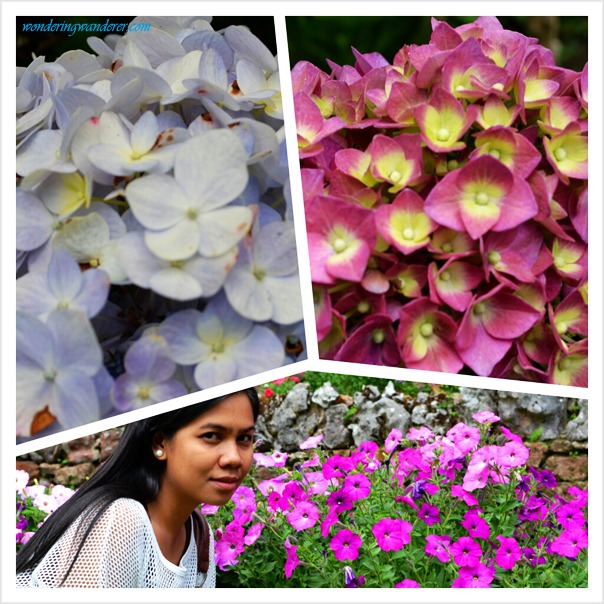

Camp John Hay’s Bell House Library Museum
The Bell House Library Museum is just a short walk away from the Bell Amphitheater. Its design looks like a classic late 1700s American-type of house. It has white-painted wooden walls, large windows, wallpapers and chandeliers which looks very similar to the famous American haunted house called The Myrtles Plantation. The other name of this big house is Camp John Hay Museum.
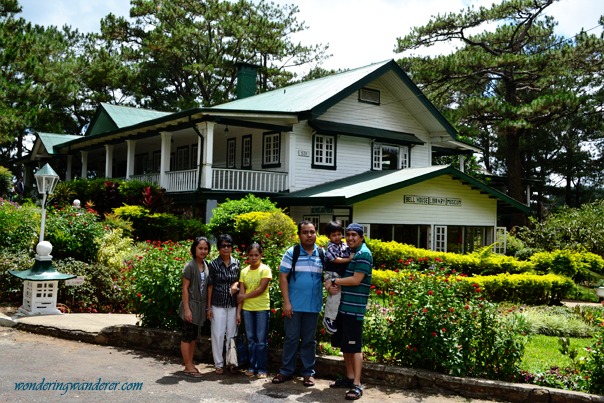
The interior looks a bit creepy because every items and furniture look hundreds of years behind our time. It gave me that “I’m not supposed to be here, it’s not my era.” kind-of-feeling and the house seems to agree with me. We should have asked the guides if they had a personal experience of any paranormal activity here. They might have shared some very interesting stories to us.
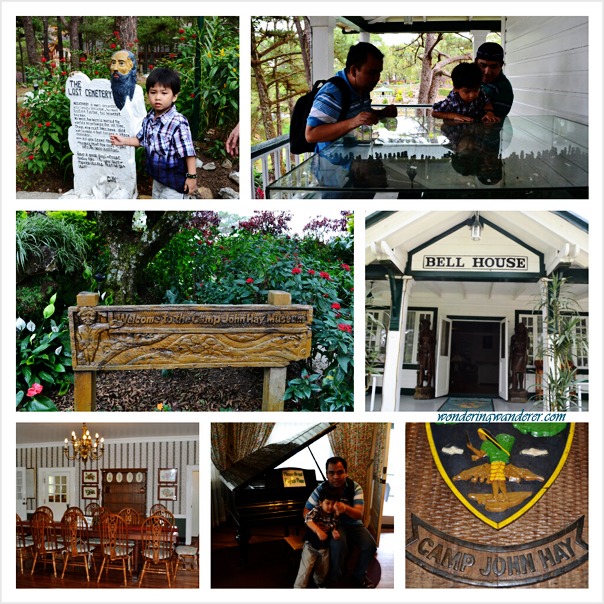
If you explored the entire house and haven’t seen one bell, don’t get disappointed. They didn’t name it Bell House because of any large bells that used to be there. The house got its name from General J. Franklin Bell. He is a U.S. official who had stayed there in the early 1900s. He was the one who converted Camp John Hay to a Military R&R (Rest and Relaxation).
Related Post: Philippine Military Academy


Wow very beautiful Camp John Hay … i want to back there and take a picture also …
Thanks for your pictures !!!! it helps me a lot !!!
Hi Will,
No problem. It’s nice to know that you liked our pictures. I saw the link you gave for Camp John Hay Manor Hotel’s luxurious log cabins and it’s really awesome–I like the wood and marble motif. It’s a perfect place for honeymooners.
Have been fastinated with th Camp John Hay’s Bell House and surronding Gardens. Need to be promoted more. A National Heritage Site,
Frank Hazelwood
Baguio City.
Any contact number for Bell Amphitheater. The number provided 074 4235402 does not seem to work. Any cp number or alternative number or link to communicate, seek inquiry, etc?